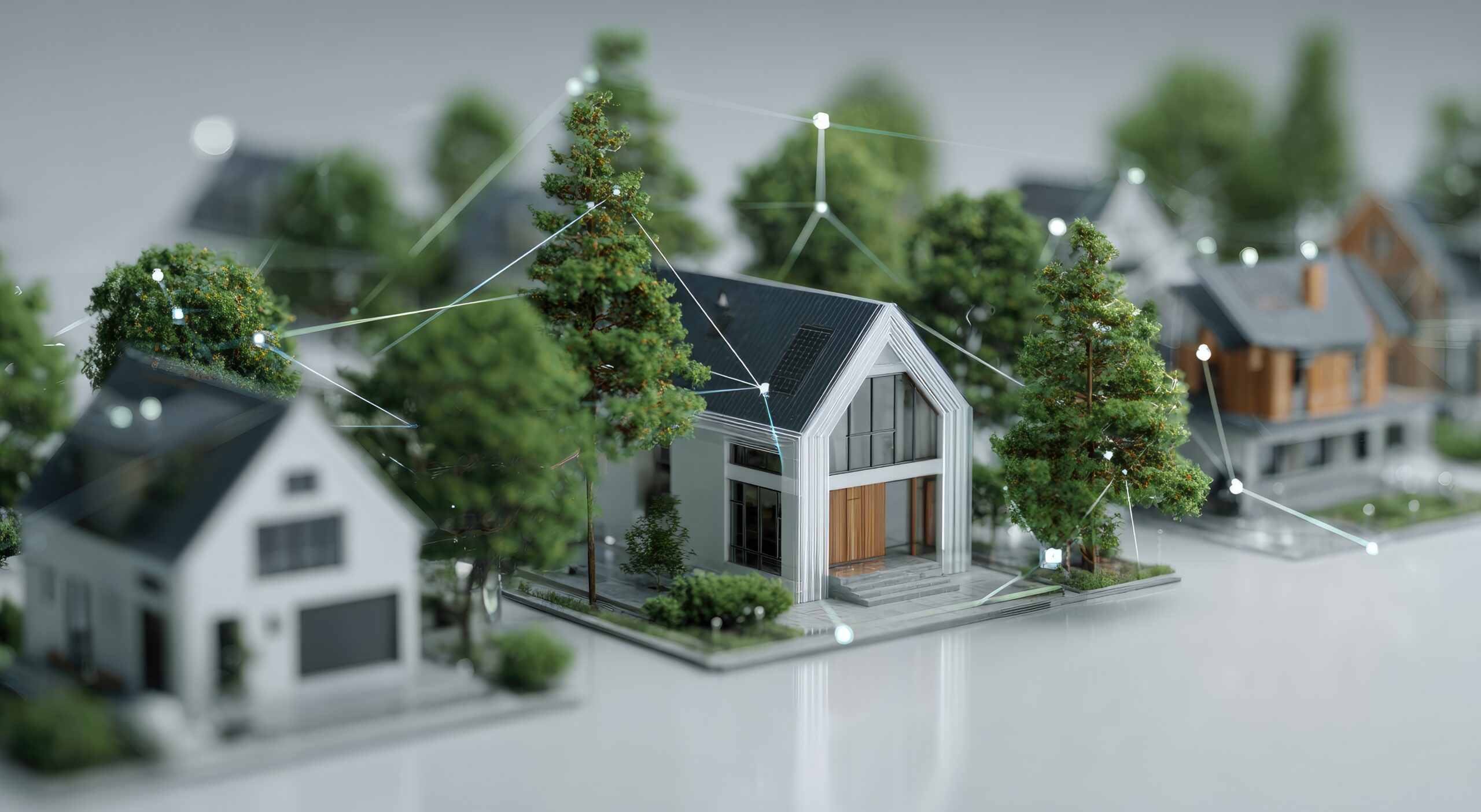Longevity
Tasks for a long-lived world

Main tasks to face to achieve balance in an increasingly long-lived world.
The ageing of the population is a very recent phenomenon. Science has left culture behind, and social functions and institutions have not yet been able to catch up. That is why we have a crucial opportunity to approach life extension not only as a challenge, but also as a fantastic and unprecedented opportunity to harness a “silver reservoir”: the social capital of more millions of healthy and educated adults than have ever existed .
If we want to harness the “longevity dividend,” we need to overcome initial apprehension, question underlying age biases, and devise realistic and creative ways to create the multigenerational society we all hope to live in to inhabit. And for this, we will need all ages to contribute their grain of sand.
It is always talked about the elderly in the third person; it is a group in which there is a great paradox: nobody wants to be part of it, but nobody wants the opposite. Because the opposite of getting old is simply dying. Fortunately, mortality has been reduced with advances in public health and medicine and this decrease has been accompanied by an increase in life expectancy and greater longevity.
This is not the only change that society has experienced, which advances every day in disciplines such as science, medicine or economics. And yet, it seems that those modifications and the pattern of aging have not gone hand in hand, a trend that has to change on a societal level. The increase in longevity will put duties on all its members. And depending on whether they assume their tasks, the future that awaits us 60 years from now can vary from an apocalyptic world in which babies are not born to one in which biomedical interventions specifically aimed at aging have been developed and diseases such as cancer, Alzheimer’s or cardiovascular pathology have been halved.
The main tasks that the experts of the Future Trends Forum have detected to achieve the balance of a longer-lived world:
Training
That training is exclusive to young people must end. People who live longer will have time to reinvent themselves, especially in the workplace. And that’s going to require a change of skills, which don’t come standard. For this reason, training will have to be continuous and not be associated with a certain vital moment or a specific age.
Psychology
We need to change the stereotypes associated with age is one of the biggest tasks ahead of us and affects all population groups. It is about avoiding discrimination by age or ageism of the youngest, and fighting against the assumption by the older ones that life that they have no opportunities. Aging is an opportunity and not just an inevitable consequence of living.
Social integration
The community must incorporate older people and avoid their isolation, so perhaps it is time to rethink the communities where older people live together, both nursing homes and residential areas for the elderly. The paradigm shift should promote age-friendly communities who, on the other hand, may not want to spend the rest of their lives surrounded only by people their age
.Working life
When making predictions for the coming years, there is one in which there seems to be almost total agreement: the retirement age is going to be delayed, but this should come with a social change also in the labor perspective. New mechanisms must be put in place so that current health care budgets can be reduced or at least more sustainable over time. Thus, investing in areas such as disease prevention will be one of the basic tools in the new task that society has ahead in this field.
Politics
Political decisions will play a very important role in ending inequalities in a hypothetical fulfillment of the tasks proposed to improve an aging world. Legislation must ensure a long-standing welfare state.
In the Longevity report you can find the development of each of these tasks.







